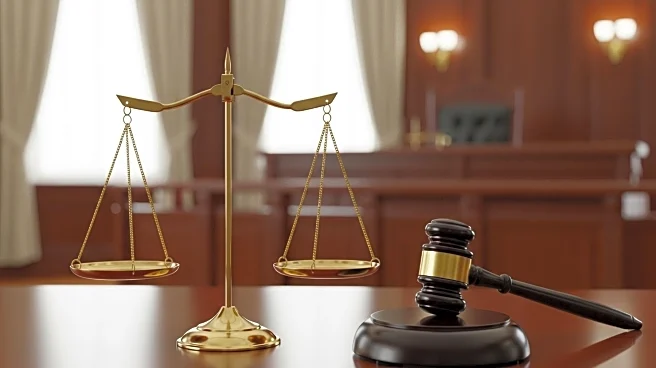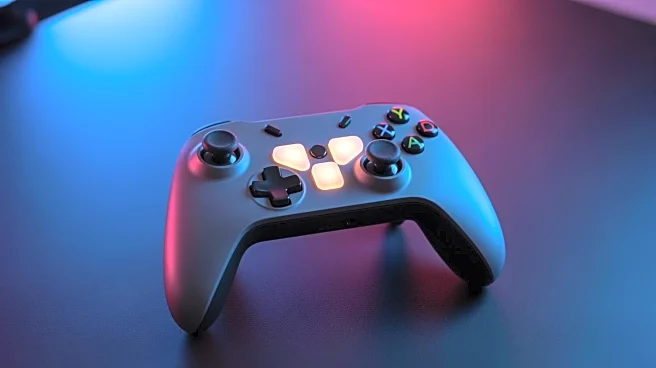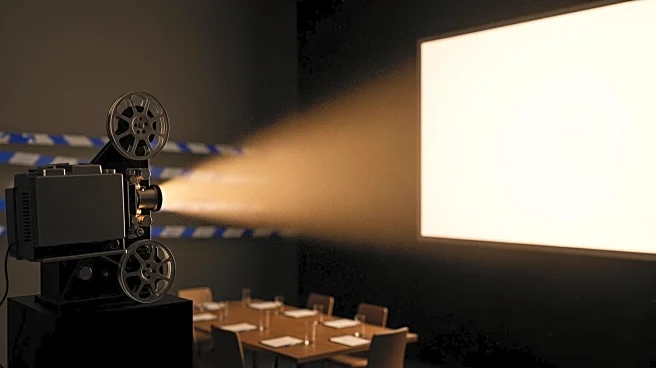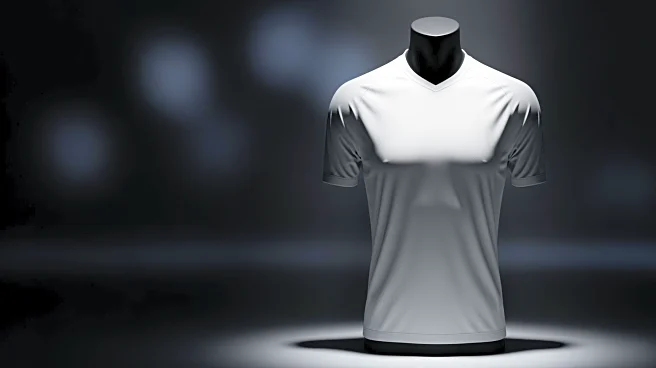What's Happening?
Jury selection has commenced in the trial of Ryan Routh, who is charged with attempting to assassinate President Trump during a golf outing in South Florida last year. The trial is expected to last four weeks, although attorneys anticipate needing less time. Routh, 59, has pleaded not guilty to charges including attempting to assassinate a major presidential candidate, assaulting a federal officer, and multiple firearm violations. The incident occurred on September 15, 2024, when Routh allegedly aimed a rifle at President Trump through shrubbery at his West Palm Beach country club. A Secret Service agent intervened, causing Routh to drop his weapon and flee. Routh, a former construction worker from North Carolina, has a history of criminal activity, including previous arrests for eluding police and possessing illegal weapons.
Why It's Important?
The trial of Ryan Routh is significant as it underscores the ongoing security challenges faced by public figures, particularly during politically charged times. The case highlights the critical role of the Secret Service in protecting high-profile individuals and preventing potential threats. It also raises concerns about the motivations and methods of individuals who attempt such acts, potentially influencing public policy on security measures and mental health evaluations. The outcome of the trial could impact future protocols for safeguarding political leaders and may lead to increased scrutiny of individuals with similar backgrounds.
What's Next?
As the trial progresses, the court will examine evidence, including a 33-page list of exhibits prepared by prosecutors. This includes photographs of Routh with the same model of rifle found at the scene. The trial will also explore Routh's past activities and affiliations, which may provide insight into his motivations. The legal proceedings will determine Routh's culpability and could result in significant legal consequences, including potential federal and state charges of terrorism and attempted murder.
Beyond the Headlines
The trial may prompt discussions on the broader implications of political violence and the measures needed to prevent such incidents. It could lead to debates on the balance between personal freedoms and security measures, as well as the ethical considerations of profiling individuals based on past behavior. Additionally, the case may influence public perception of safety and security in political contexts, potentially affecting voter sentiment and engagement.









